NEW DELHI: After 50 days of keeping him in jail, India’s top court on Friday gave interim bail to Delhi Chief Minister Arvind Kejriwal, who stepped out of Delhi’s Tihar Jail calling for an end to “dictatorship”, a reference to Prime Minister Narendra Modi’s assaults on democratic institutions.
Mr Kejriwal’s arrest in March under draconian anti-money laundering laws had prompted words of sympathy for him and veiled criticism of the government from the US, Germany and the UN Secretary General’s Office.
The opposition INDIA alliance staged an impressive rally in Delhi where calls were issued by different parties to jointly defeat the Bharatiya Janata Party (BJP) and evict Narendra Modi from power.
Mr Kejriwal is a pivotal leader in the INDIA alliance formed to compete against Modi in the polls.
Supreme Court Justices Sanjiv Khanna and Dipankar Datta said Mr Kejriwal could leave custody until June 1, the last day of voting in the six-week election.
Arvind Kejriwal caught everyone by surprise in 2014 by taking on Mr Modi from Varanasi. He lost, but not without making a significant dent and impact. With 209,238 votes, he got more votes than the previous winner, Murali Manohar Joshi, had polled.
Varanasi that year had a fractured opposition. Earlier, Congress’s Varanasi candidate in 2009, Ajai Rai, got 125,000 votes, while BSP’s Mukhtar Ansari polled 187,000. Together, their votes far exceeded Joshi’s 203,000.
With the opposition better placed to jointly challenge Mr. Modi this time, there has been speculation in political circles whether Priyanka Gandhi or Kejriwal could be asked to don the role of the giant killer, with joint opposition support.
Mr Modi is expected to file his nomination from Varanasi on May 14. Mr Kejriwal is expected to address a press conference on Saturday.
Divisive speeches
Recent reports from the battlegrounds have not been encouraging for the BJP. That is said to have prompted Mr Modi to resort to divisive speeches as his trusted fallback theme. But that is not cutting much ice with voters, reports say.
Mr Kejriwal’s government was accused of corruption when it implemented a policy to liberalise the sale of liquor in 2021 and give up a lucrative government stake in the sector.
The policy was withdrawn the following year, but the resulting probe into the alleged corrupt allocation of licences has since seen the jailing of two top Kejriwal allies.
Fight against corruption
Kejriwal, 55, has been chief minister for nearly a decade and first came to office as a staunch anti-corruption crusader.
He had resisted multiple summons from the Enforcement Directorate, India’s financial crimes agency, to be interrogated as part of the probe.
US think-tank Freedom House said this year that the BJP had “increasingly used government institutions to target political opponents”.
Rahul Gandhi, the most prominent member of the opposition Congress party and scion of a dynasty that dominated Indian politics for decades, was convicted of criminal libel last year after a complaint by a member of Modi’s party.
Published in Dawn, May 11th, 2024


















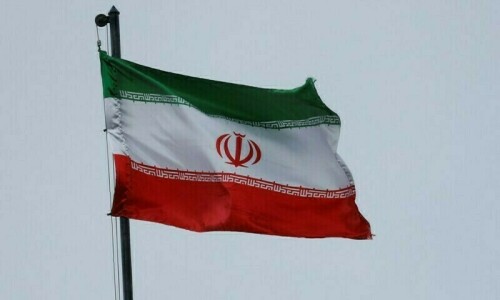

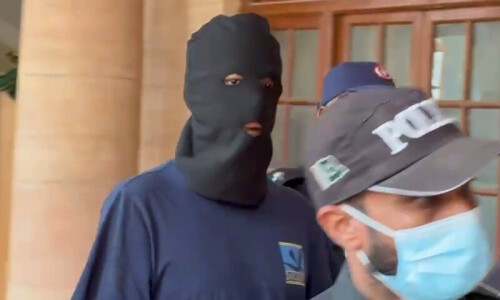

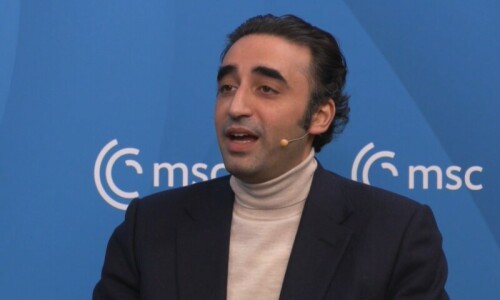

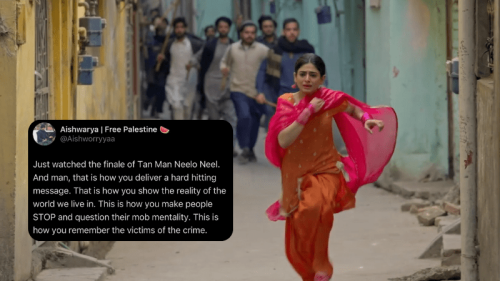

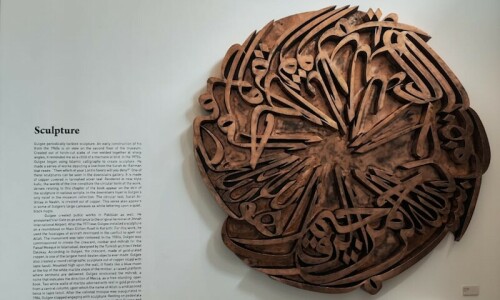











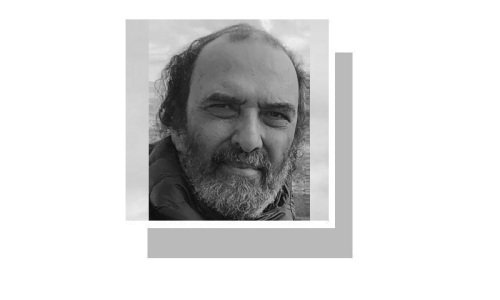


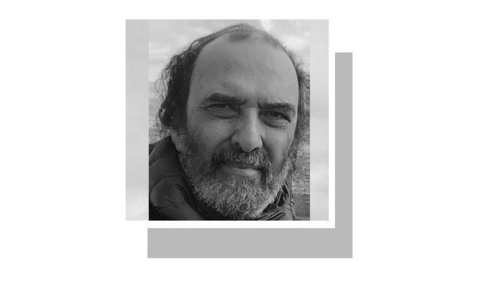
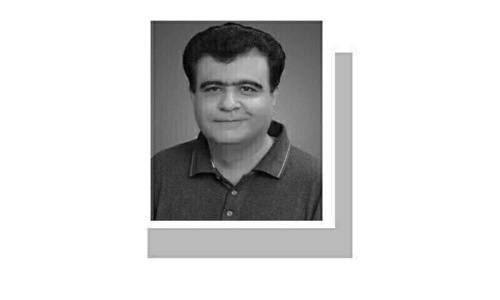
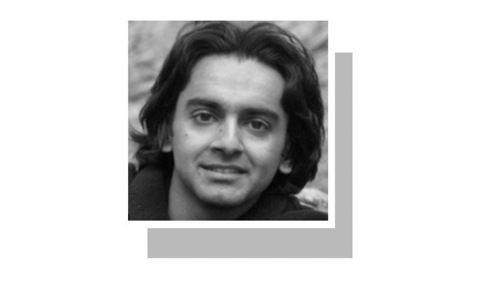






Dear visitor, the comments section is undergoing an overhaul and will return soon.